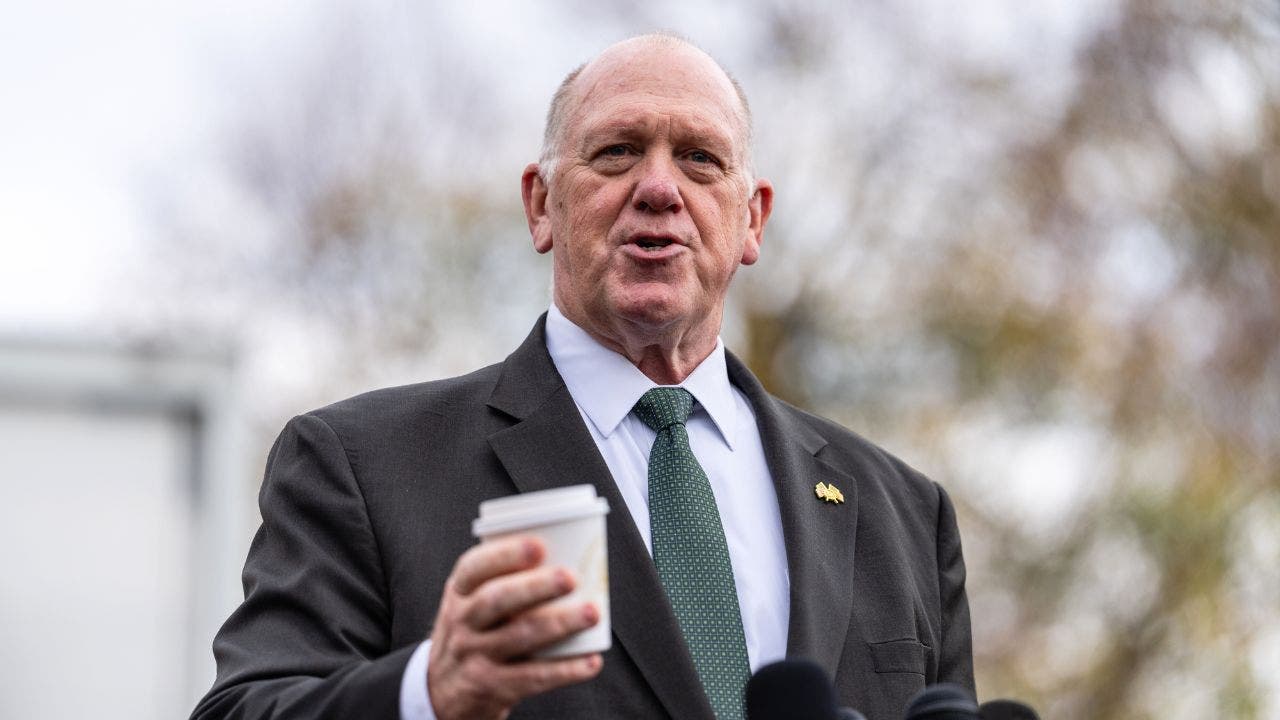The marketplace is breathing a sigh of relief over the ceasefire in between Israel and Iran on Tuesday, however financiers are barreling towards another problem that sent out volatility skyrocketing previously this year.
In it a note on Monday, Morgan Stanley highlighted that unpredictability associated to tariffs stays high around the world, and financiers are nearing an essential due date that might bring the trade war back to the leading edge.
On April 9, President Donald Trump revealed a 90-day time out on all “mutual” tariffs enforced by the United States, excepting those on China. As Morgan Stanley keeps in mind, July 9 is the next due date for tariff settlements. Markets are waiting to find out how Trump will approach this next stage.
There are 3 primary factors tariffs might come roaring back into view for financiers.
- Geopolitics has actually eclipsed the trade war just recently The Israel-Iran dispute in current weeks has actually used up a great deal of financiers’ focus, however the dangers from that occasion seem decreasing. The next shoe to drop with regard to volatility is most likely to be the next chapter of the trade war.
- Tariffs’ result on inflation might be lagged Financial experts warn that the information in current months revealing inflation cooling may not last. That’s due to the fact that the effect of tariffs on costs might be sluggish to appear, Morgan Stanley stated, including that they see inflation possibly getting later on this summer season.
- Fed policy might be made complex by the lagged effect of tariffs Markets– and Trump– have actually been demanding lower rates of interest, however if inflation raises its head, that’ll be another factor for the Fed and Chairman Jerome Powell to keep rates stable.
Just recently, much of the concentrate on tariffs has actually focused around the Fed’s choice to hold rates of interest stable, a choice that President Trump has actually been extremely crucial of.
Powell has actually forecasted that tariffs might eventually result in greater inflation, mentioning that the concern will “fall on completion customer,” though a number of Fed authorities have actually sounded more dovish recently.
However as Morgan Stanley keeps in mind, elements connected to the trade war are most likely to make the Fed’s next choice very made complex.
” Some have actually argued, after a soft Might CPI print, that the financial effect of tariffs might be benign due to the fact that of all the “settlement.” We disagree,” mentions chief international economic expert Seth B. Carpenter.
As the experts keep in mind, tariffs typically result in greater inflation after a 2 to three-month duration. For that reason, they are not amazed by the cooler information and forecast that even if the United States sees the impacts this summer season, it will be challenging to forecast the magnitude and length of the trade war’s effect.
” For the Fed, it is specifically this unpredictability that will make comprehending the danger of inflation, and therefore choosing to cut, a difficulty,” the experts composed.
With pressure increasing from both the Federal Reserve and Capitol Hill, Powell and the Fed are dealing with a complex landscape, and without any Fed conference arranged for August 2025, observers state that authorities might be more likely to act in July to provide a rate cut.
Source: Business Insider.























